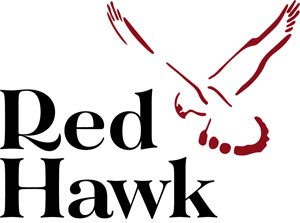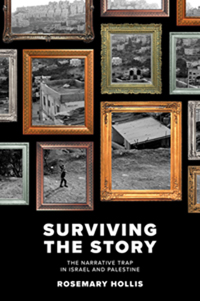Rosemary Hollis

World Affairs
Rosemary Hollis
Surviving the Story
The Narrative Trap in Israel and Palestine
Formerly:
- Head of Middle East Programme then Director of Research RUSI
- Head of Middle Programme, Chatham House
- Director of Olive Tree Programme, City University
Frequent contributor to TV and radio news analysis
As an undergraduate at university in London at the beginning of the 1970s, she was struck by how many of her male colleagues were fascinated by the Vietnam War. They debated whether they would have tried to dodge the draft, if they had been born American, or would have wanted to see what it was like to risk their lives and perhaps take the lives of others in a war zone. After completing a degree in History, she opted to study for an MA in War Studies.
Rosemary then travelled in North and Central America, before trying her hand at various jobs in London. It was only after she spent a year working for a Lebanese company, as a researcher investigating the history of the Arab Gulf states, that she became interested in the Middle East. To pursue her continuing interest in War Studies, she decided, aged 29, to undertake a PhD and won a fellowship to do so at George Washington University in Washington DC. The topic she chose was Britain’s adaptation to decline, as played out in the smaller Arab Gulf states in the 1970s and ‘80s.
Undertaking many projects in partnership with colleagues from think tanks in the US, Europe, Iran, the UAE, Jordan, Israel, Palestine, Syria and Egypt, she also participated in or facilitated a number of cross-conflict dialogue exercises, including between Israelis and Palestinians; Jordanians and Palestinians; Iranians and Americans; Libyans, Europeans and Americans. She made frequent trips to different parts of the Middle East every year from 1989 to 2008, when she left Chatham House to become Director of a scholarship programme for Israelis and Palestinians at London University. That meant ten years during which she concentrated on better understanding the dynamics of the Israeli-Palestinian conflict.
About
Red Hawk publishes fiction, non-fiction, biography and humour.
Red Hawk Books is an imprint of Red Hawk Media Ltd,
London and Swansea.
Company No: 4635744

